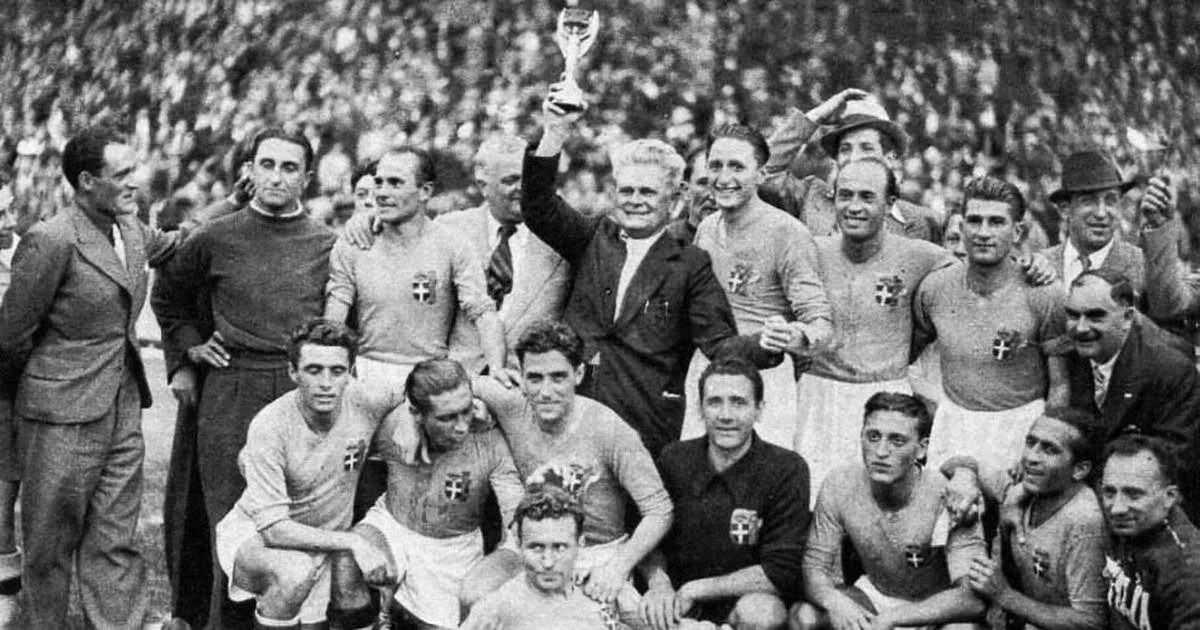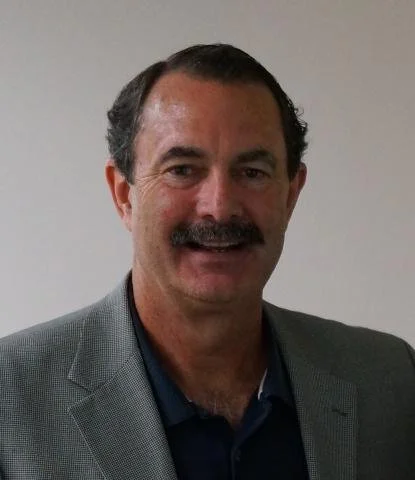OVERVIEW
5-way joint committees with full crisis elements (25 delegates)
The National Security Apparatus (NSA) is NAIMUN’s most dynamic and unique organ. The only one of its kind on the high school circuit, the NSA is made up of five crisis-style committees existing within the same simulated world. Each committee has approximately 25 delegates, simulating the government or National Security Apparatus of different countries. The coordinated nature of the NSA means that the actions of delegates in one committee can influence the others.
The NSA is unique on the circuit because it asks delegates to balance multiple levels of diplomacy in real time. While domestic concerns will play a large role in individual committees, the interactive nature of the NSA means that international considerations will always be involved. Furthermore, this NSA is designed to facilitate coalitions that reflect geopolitical factors at play in the region. Thus, individual delegates’ crisis arcs will have impacts beyond their committees, and communication between delegates and cabinets will be critical to coordinate responses. The stakes are high, and this interconnected crisis will surely challenge even the most seasoned delegates.
This year, our NSA committees simulate the administrations of five key players responding to the 1969 conflict sparked by a FIFA World Cup qualifier, known to history as The Football War.
PREMISE
In the summer of 1969, what began as a FIFA World Cup qualifier between El Salvador and Honduras erupted into a full-scale war. Though the conflict was brief, the roots of violence ran deep; land disputes, migration tensions, and nationalism had been festering for years. Honduras, under pressure from domestic instability and rural unrest, began cracking down on Salvadoran immigrants, many of whom had settled and worked land owned by Honduran elites. El Salvador, overpopulated and resource-strained, viewed these expulsions as both an economic threat and a human rights crisis. These simmering tensions boiled over, and as the two nations clashed on the field, violence erupted in the streets. Nationalist rhetoric took off, inflamed by the media, and FIFA’s failure to adequately address the escalation led to the development of a full-blown military conflict. The Organization of American States, sensing the level of urgency, swiftly intervened to call for a ceasefire and broker a peace agreement. However, trust is fracture, the region is destabilized, and the future of Central American cooperation hangs in the balance. Delegates must weigh the responsibility of national sovereignty, international diplomacy, and the politicization of sport.
COMMITTEES
GRAND CRISIS MANAGER: MICHELLE Giovinazzo
Michelle Giovinazzo is a member of Georgetown College class of 2027, studying the interdisciplinary major of Computer Science, Ethics, and Society and minoring in Spanish. She grew up in the San Francisco Bay Area where her high school life was defined by public speaking – NSDA speech and debate, mock trial, model UN, and a sketch comedy club called Goats of Denmark. At Georgetown, she has loved competing on the collegiate circuit with GUMUN (especially causing chaos in fictional crisis committees). She also served as the USG of JCCs for NCSC LII, she is also involved in Hoya Developers and club boxing on campus. Her hobbies include coding / playing video games, an addiction to Starbucks, and being obsessed with murderous fiction (the Hunger Games, the Arrow, the Boys, etc). Michelle is excited to be your GCM and see what you come up with!
Committee SPeaker: Craig Esherick
Craig Esherick was a scholarship basketball player at Georgetown University while earning an undergraduate Finance degree. He attended Georgetown University Law Center and also was a graduate assistant basketball coach for two of those years.
After graduating from law school and passing the DC Bar, Professor Esherick became a full-time assistant coach at Georgetown for the men’s basketball team. His tenure as an assistant lasted 17 and a half years and included a stint as the assistant basketball coach for the USA Olympic team that won a bronze medal in the 1988 Seoul Olympics.
He became the head basketball coach in 1999 at Georgetown University and held that position long enough to win 103 games. He worked briefly for AOL’s new online radio venture from 2004 until 2005, where he commented on-air about college basketball news and wrote articles for the AOL Sports website.
Professor Esherick took a job with a startup television network in New York in May of 2005; that network, CSTV, has now become CBS College Sports. Esherick came to Mason from NYU, where he taught in their Graduate Sports Management program for two years.
UNDER-SECRETARIES-GENERAL
Abhi Narahari & Siya Chhabra
About abhi
Abhi Narahari is a member of the class of 2028 in the Walsh School of Foreign Service at Georgetown University. He is majoring in International Politics with a concentration in Security Studies. Hailing from the Southwest, Abhi grew up in Albuquerque, New Mexico. During his time in high school, he engaged deeply in a range of government and foreign policy-related activities, including Model UN.
This will be Abhi’s fourth NAIMUN. After attending the conference twice as a high school delegate, he staffed last year’s conference as a Crisis Analyst during his freshman year. His experiences on both sides of NAIMUN have fostered a true bond with the conference and forged his organizational, diplomatic, and management skills. He is deeply committed to ensuring that every participant in the conference finds it as rewarding as he did over the next year. He also served as a crisis analyst for NCSC, working with peers to staff one of the conference’s marquee, security-focused committees.
Outside of NAIMUN, Abhi is an active member of the Georgetown community, where he can be found in a range of clubs and activities. He helps host and foster dialogues with prominent leaders on the world stage through his job with the School of Foreign Service’s external affairs department. On a lighter note, he enjoys late-night runs to the neighborhood’s many dessert shops and visiting some of Washington’s world-class restaurants as a member of the Eating Society.
Abhi is proud to serve as an Under-Secretary-General of the National Security Apparatus for NAIMUN LXIII. He’s working hard to shape an organ that fosters interest in diplomacy, foreign affairs, and collaborative solutions.
ABOUT Siya
Siya Chhabra is a member of the Class of 2028 in the Walsh School of Foreign Service at Georgetown University, majoring in Regional and Comparative Studies with a concentration in Asia, and is likely minoring in Chinese and Religion, Ethics, and World Affairs. Hailing from suburban Detroit but also having lived in Nanjing, China, Siya is always willing to talk about either—or both—at any given moment.
Siya began her Model UN journey as a freshman in high school, and as a chronic crisis delegate, cannot wait to be serving as Under-Secretary-General of the National Security Apparatus this year. During her freshman year here, she staffed both of Georgetown’s flagship conferences—NCSC and NAIMUN—and is excited to keep growing within the MUN community on campus. From debating bushrangers in 19th-century Australia to analyzing contemporary tourism in the Maldives as a Crisis Analyst, Siya can’t wait to bring her range of MUN experiences to the NAIMUN Secretariat. She even tried convincing her high school to attend NAIMUN—but although they never made it then, here she is now!
Outside of NAIMUN, Siya serves as a Peer Advisor for the School of Foreign Service, dances with GU Guzaarish, Georgetown’s premier South Asian competitive dance team, and helps plan social events for Delta Phi Epsilon, the university’s pre-professional foreign service sorority. In her free time, Siya can usually be found with some kind of caffeinated drink in hand, SoulCycling, watching the latest Premier League match, or just chatting with friends around D.C.
Siya is so excited to help bring NAIMUN LXIII to life, and looks forward to contributing to an engaging, collaborative, and meaningful experience for all NSA delegates throughout the weekend!









